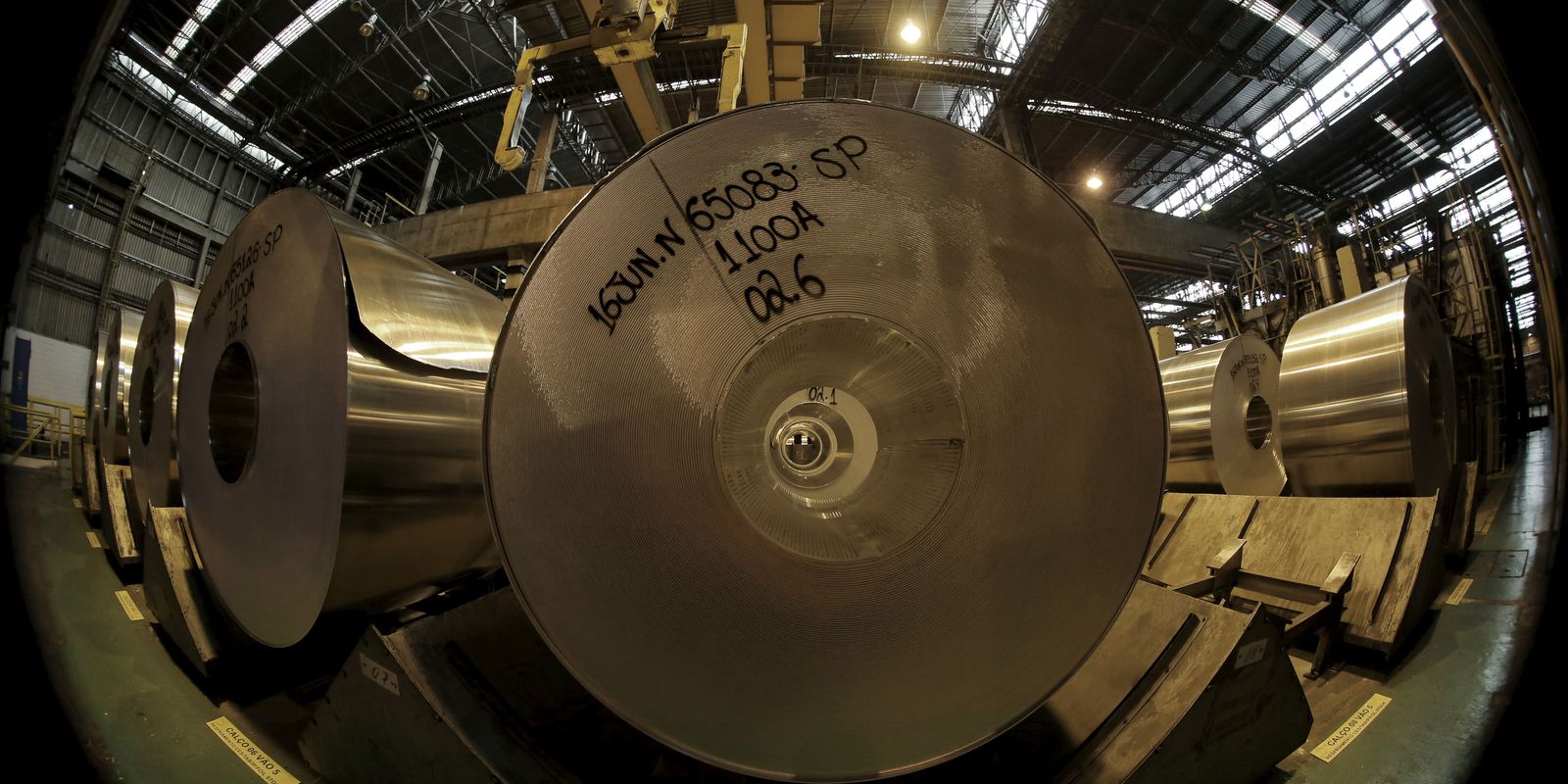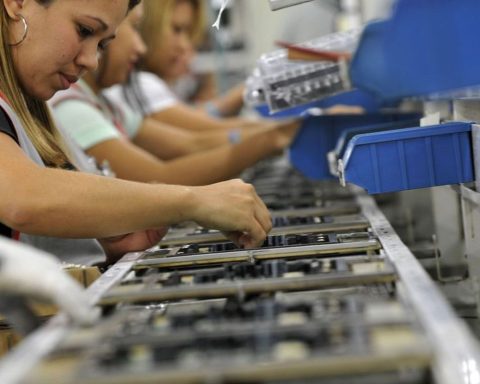After a period of growth at the beginning of the year, the industry started the second quarter with signs of fatigue. According to the Industrial Indicators survey, by the National Confederation of Industry (CNI), all the indicators analyzed fell in April, negatively affecting the sector’s performance.
The real invoicing of the manufacturing industry retreated 0.6% in April, practically reversing the high of 0.7% registered in March. In relation to April of last year, the fall reaches 5.8%.
Hours worked in production fell 2.2% in April, the second straight month of decline. The indicator recorded four consecutive increases, from November 2021 to February 2022, but started to fall in March. In comparison with April last year, the number of hours worked is 0.2% lower.
The negative performance in activity was reflected in the labor market. Industrial employment fell by 0.5% in April compared to March. This was the first setback after a sequence of increases that had started in the second half of 2020, when the economy was starting to recover from the social distancing measures of the covid-19 pandemic. Despite the fall, the level of employment in the industry accumulates a growth of 1.6% compared to April 2021.
The wage bill also fell, retreating 0.5% in April, after five months of high or stability. In relation to April 2021, the real wage bill shows growth of 0.2%.
Fragility
According to the manager of Economic Analysis at CNI, Marcelo Azevedo, the current fragility of the industry stems from a scenario of economic difficulties. On the supply side, the sector is being pressured by the high cost of inputs and the worsening scarcity of some of them after the start of the war between Russia and Ukraine and the recent measures of lockdown in China.
On the demand side, consumers are buying less because of inflation and high interest rates, which reduce purchasing power. According to the CNI, the drops observed in April reverse the small gains of the first quarter. “The Brazilian economy needs a lever to attract investment and get back to growth, which should be tax reform, but all efforts in this direction have been frustrated,” says Azevedo.

















